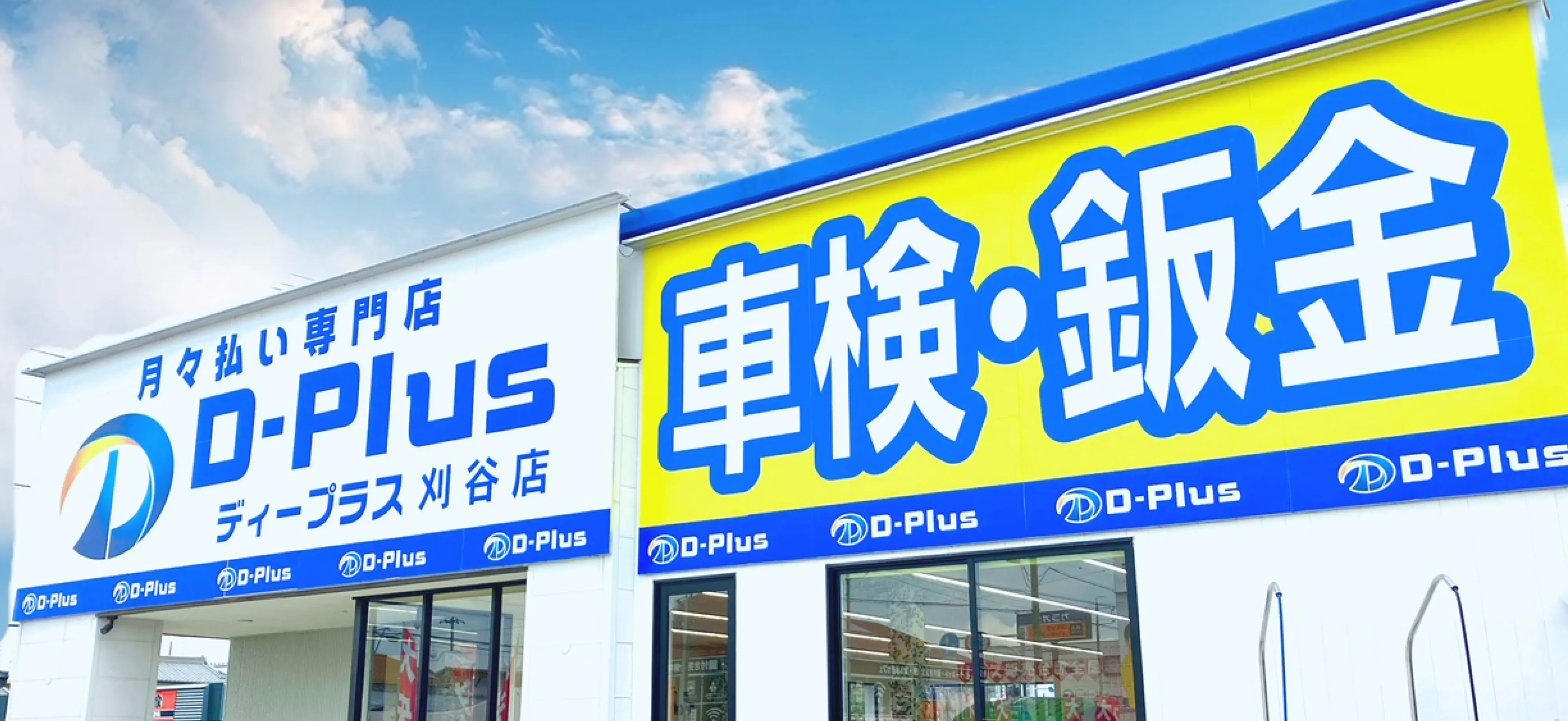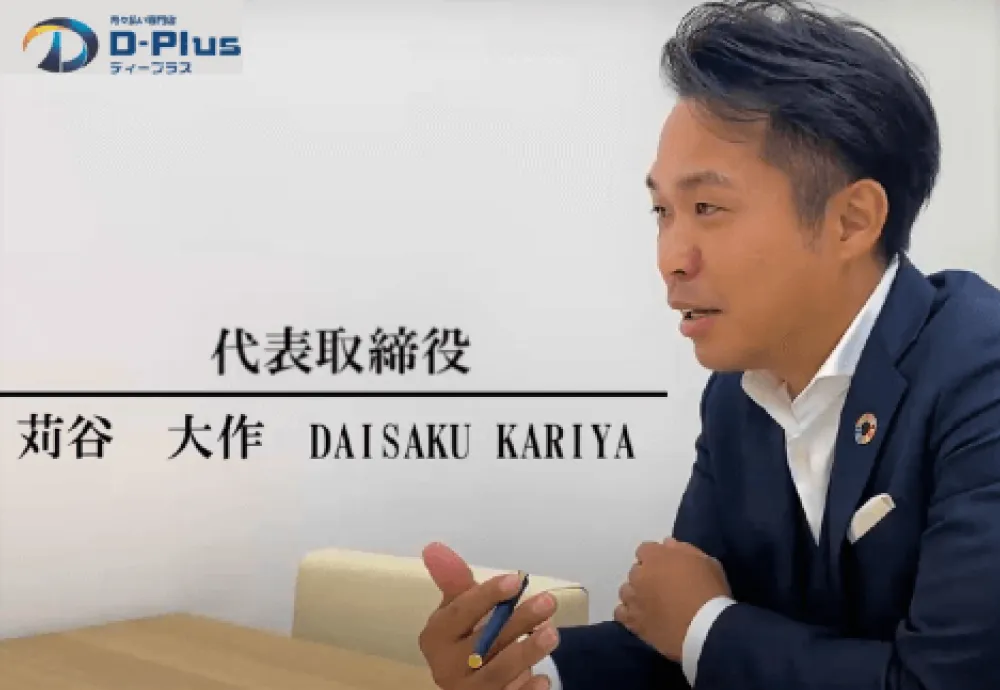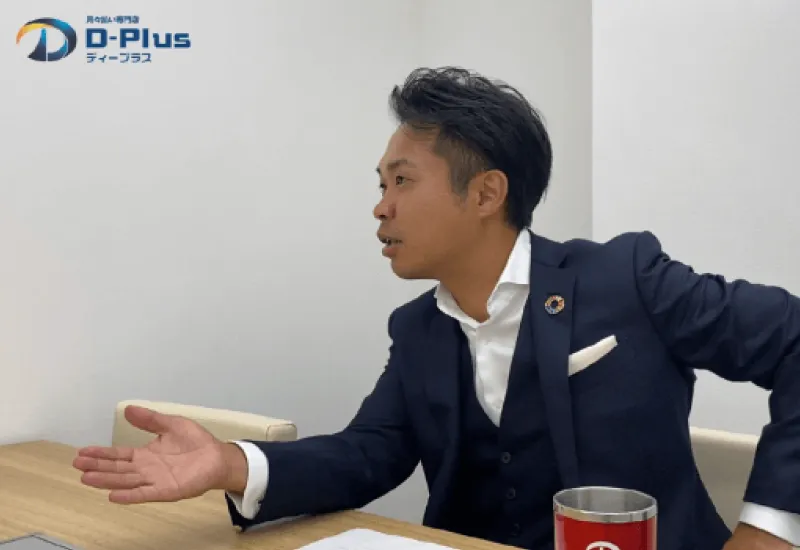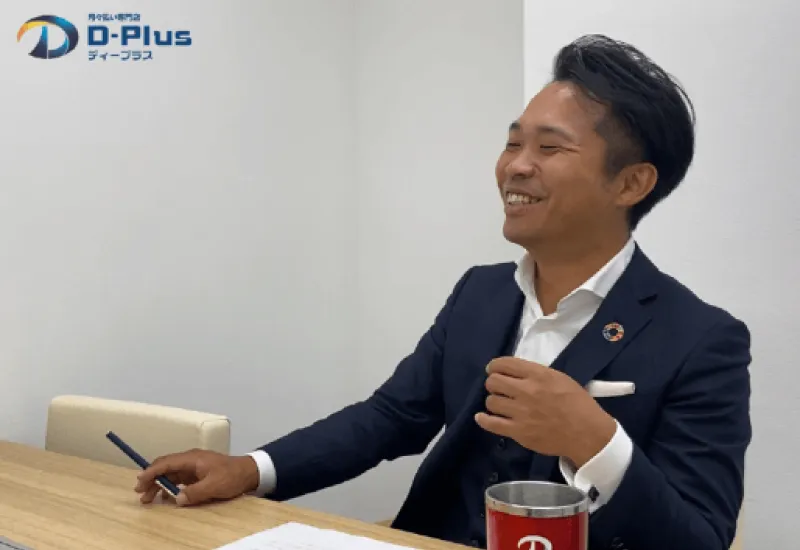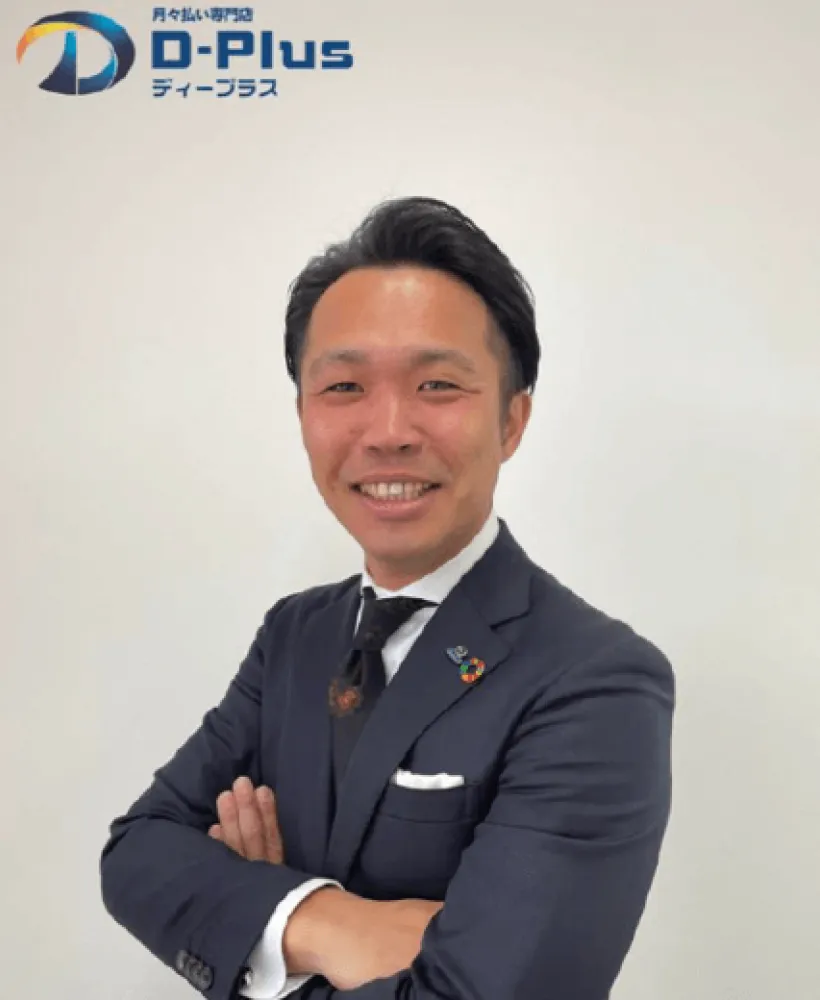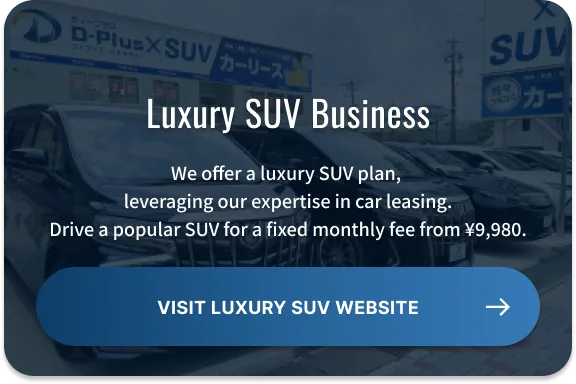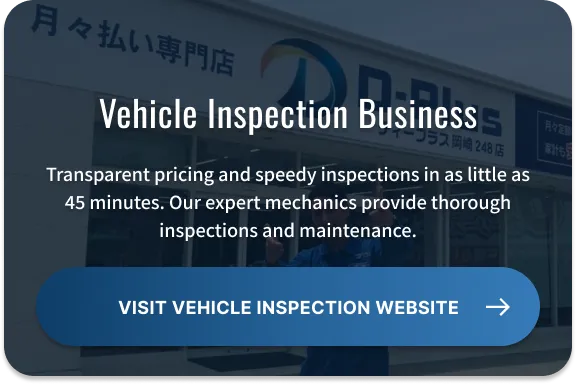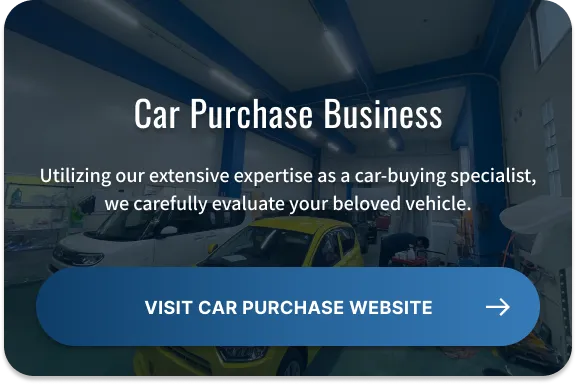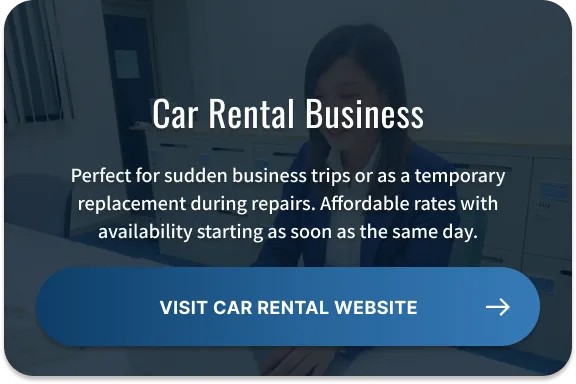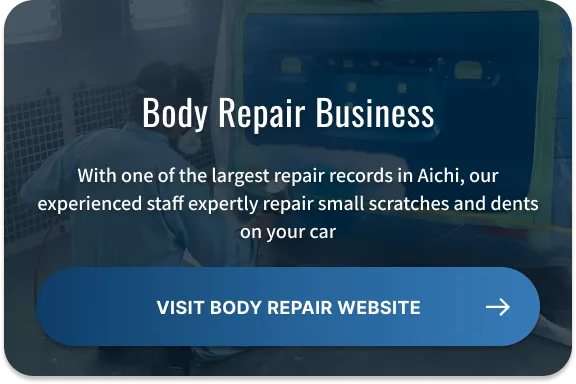After leaving Nagoya Toyopet, I was inspired by Jack Bauer from the TV show “24” and went to Australia to study abroad for a year.
The hardest part wasn’t the language, but realizing how much a national barrier existed between communities.
Since I couldn’t speak English at first, I managed by using gestures and a dictionary during my homestay.
The most valuable lesson I learned from my year abroad was that all responsibility lies with me. I had to make all the decisions myself, and it was an environment where there were no personal connections or interests at stake. I think that experience was invaluable.
After returning to Japan, I was at a loss for what to do and worked part-time, but I quit because part-time jobs lacked purpose, and I felt it was a waste of time.
Later, I was contacted by a former boss from Nagoya Toyopet, and I started my own business as an independent mechanic. The lack of money was a huge obstacle, but I took out a loan from the bank to finance my operations.
Since I didn’t have a factory, I worked on-site as a mobile mechanic. But it was tough doing it all on my own. After about 10 months, I hired people and opened a factory in Okazaki.
In 2013, I incorporated the business, and at the time, we had about 5 to 6 employees. The main reason I decided to incorporate was to work with large companies.
Large companies only work with other large companies, and it was hard for small businesses to break in. The disadvantage was significant.
But small companies can’t survive without working with large companies. That’s why I decided to incorporate.
Now, we have locations in Aichi, Gifu, Mie, and Shizuoka prefectures, and by 2030, we plan to expand nationwide, start new businesses, and employ 1,000 people.
